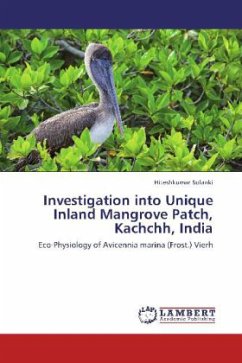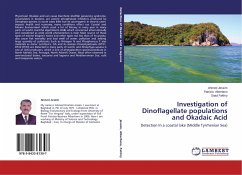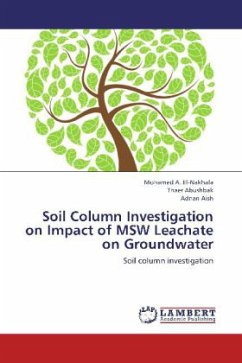Present Research focus is on Unique Inland Mangrove Aviccenia marina Which survives near the Great Rann of Kachchh, India, where there is no water in winter and summer. Plant ecophysiology is an experimental science that seeks to describe the physiological mechanisms underlying ecological observations. ecological questions about the controls over the growth, reproduction, survival, abundance, and geographical distribution of plants, as these processes are affected by interactions between plants with their physical, chemical, and biotic environment. However, ecophysiological explanations often require mechanistic understanding at a lower level of integration. Mangroves have developed a wide array of morphological and physiological traits that deal successfully with salt stress and oxygen demands for root function. Water uptake from an environment enriched in highly permeable ions require the capability of excluding ions at the root level, get rid of the excess of salts taken up, or develop compartments where large amounts of salt can be accumulated without the risk of damaging the photosynthetic apparatus. These alternatives have significant physiological costs associated.
Bitte wählen Sie Ihr Anliegen aus.
Rechnungen
Retourenschein anfordern
Bestellstatus
Storno








